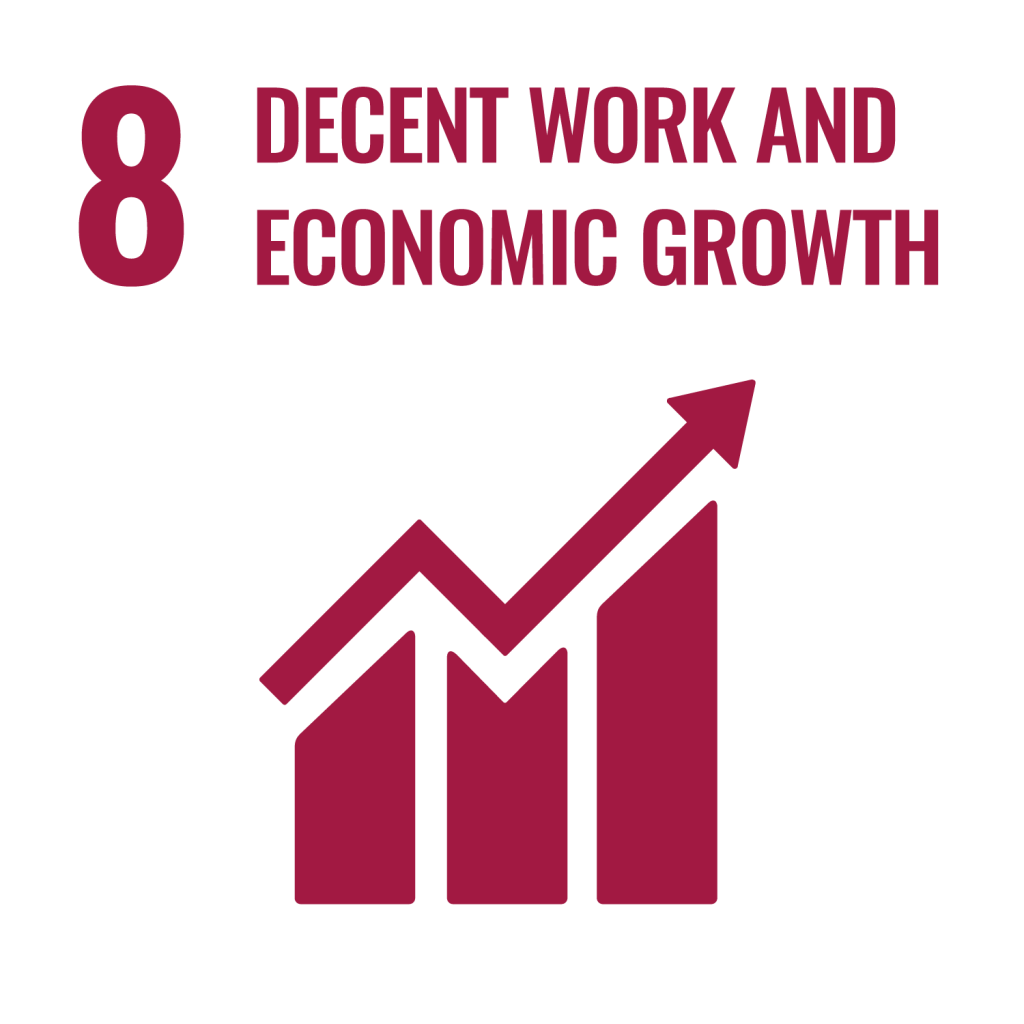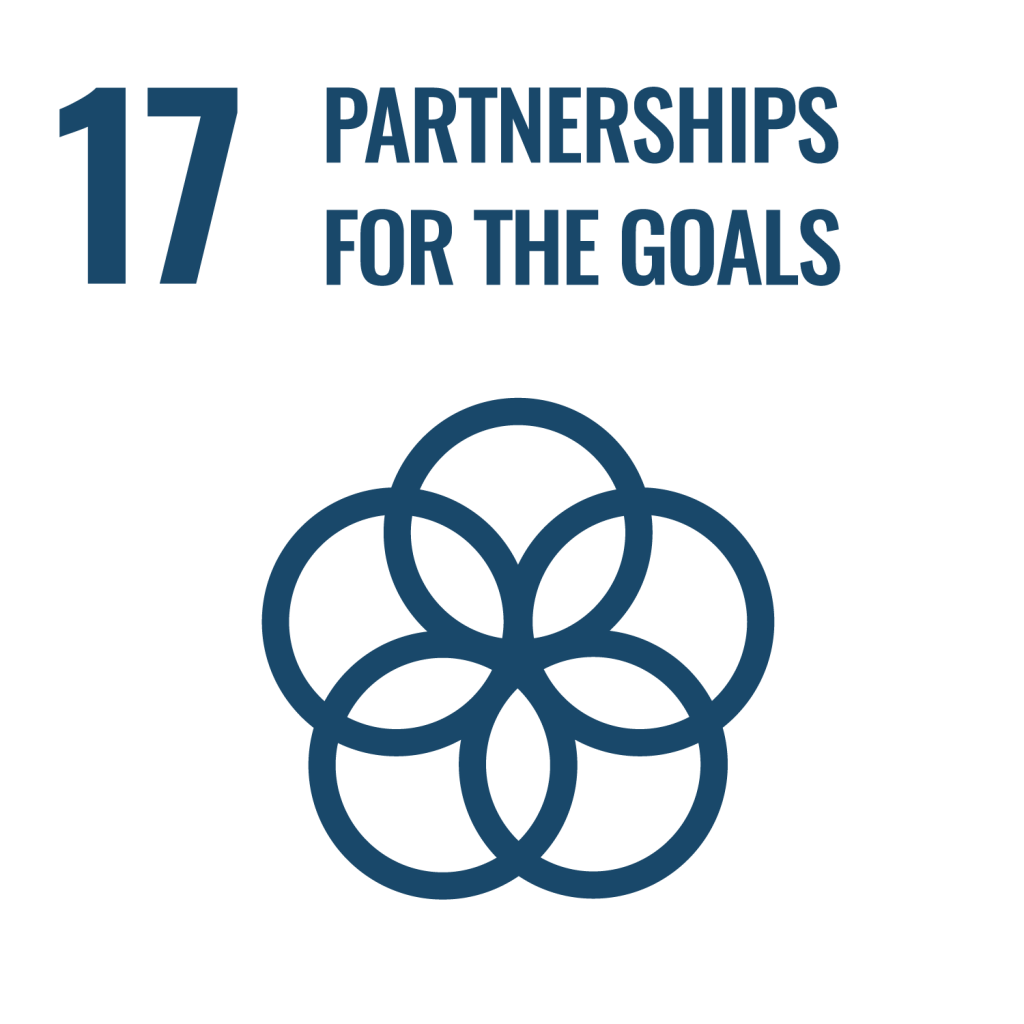Artificial Intelligence is gradually changing the modern prison system by introducing advanced technology to promote personal development in justice-involved individuals, reduce recidivism, and facilitate reintegration. AI can improve educational initiatives, vocational training, and digital rehabilitative policies and practices. By addressing the root causes of criminal behaviour and equipping justice-involved individuals with relevant skills, AI-based programs offer a hopeful alternative to traditional punitive approaches.
Artificial Intelligence in Education
Education plays an integral role in rehabilitating justice-involved individuals by providing the avenue for personal growth and a sense of direction given life after incarceration. AI-powered technologies revolutionize prison education through personalized modes of learning targeting individual needs and skill levels. Most prison education programs lack resources and uniform curricula, often failing to resonate with justice-involved individuals. AI overcomes these shortcomings by customising the content through assessments regarding each individual’s learning style, cognitive ability, and career aspirations.
AI-based educational programs focus on skill development by the demand for labour, meaning that the acquired competencies, relevant to the current job market, make them more employable after serving their terms in prison. Literacy and numeracy are basic skills that provide a foundation, while more specialized technology training or trade-specific knowledge can create careers for offenders upon release.
Personalized education fosters greater engagement and knowledge retention among justice-involved individuals. It helps these individuals get past barriers in learning and instils achievement and self-esteem in them. These educational initiatives impact public safety directly, given that those who are better equipped to face life have less of a chance to return to crime after their release.
Vocational Training
AI-powered vocational training programs are another cornerstone of inmate rehabilitation. These programs equip justice-involved individuals with practical, employable skills that match the evolving demands of the labour market. A particularly striking example is how, in Finland, justice-involved individuals have engaged in data labelling as part of their rehabilitation. This innovative program not only provides meaningful work but also imparts critical digital skills, thereby making justice-involved individuals competitive in today’s technology-driven economy.
Statistics from Finland demonstrate this model. The country’s estimated per capita incarceration rate is 52 inmates per 100,000 people in contrast to the European Union’s average of 108 inmates per 100,000 people – a difference attributed to Finland’s focus on rehabilitation rather than punishment. Justice-involved individuals, by undertaking tasks such as data labelling, get first-hand experience in AI-related tasks, which creates confidence and eventually equips them for careers in industries like data analytics and machine learning.
The impact of vocational training extends beyond individual outcomes. Studies show that justice-involved individuals who acquire technical or trade skills are more likely to secure stable employment upon release. This reduces the likelihood of recidivism and helps justice-involved individuals reintegrate as productive members of society. AI’s ability to create dynamic and industry-relevant training modules ensures that vocational programs remain aligned with market trends, benefiting both justice-involved individuals and potential employers.
Digital Rehabilitation
AI-enabled digital rehabilitation strategies often prioritise behavioural change and skilling. According to a report by the United Nations Interregional Crime and Justice Research Institute, the use of digital resources in correctional systems has transformative power. These strategies use AI-driven tools to recreate real-life scenarios that allow justice-involved individuals to practice problem-solving and decision-making skills necessary to cope with challenges after incarceration.
Behavioural change programs are particularly effective in helping overcome some of the psychological and emotional impediments to successful reintegration. AI-driven simulations can model scenarios ranging from job interviews to interpersonal conflicts and budgeting exercises that give justice-involved individuals a safe space to practice and improve their responses. These exercises, when repeated, enhance cognitive flexibility, emotional regulation, and social skills with time which are all qualities that are crucial for successful reintegration.
More so, AI facilitates access to well-rounded digital resources for continuous learning. Justice-involved individuals can also make use of online platforms to improve their skills at their own pace, as this ensures that their progress is not limited by time or resource constraints.
Conclusion
The integration of Artificial Intelligence into inmate rehabilitation programs is a step towards making the correctional system more humane and effective. This would drastically change education, prepare them better for certain vocations, and assist in behavioural modifications that allow justice-involved individuals to build back their lives and generally attain a better social life. Reduction in recidivism rates improvement of employability and betterment of social behaviours are major gains from these programs.
Further evolution of correctional practices across the world is very promising, with the continuous evolution of AI technologies. But for the actualization of this promise, several details on ethics and operational difficulties have to be addressed. With proper policies and investment in place, AI-driven rehabilitation can pave the way for safer communities and a more equitable justice system.






